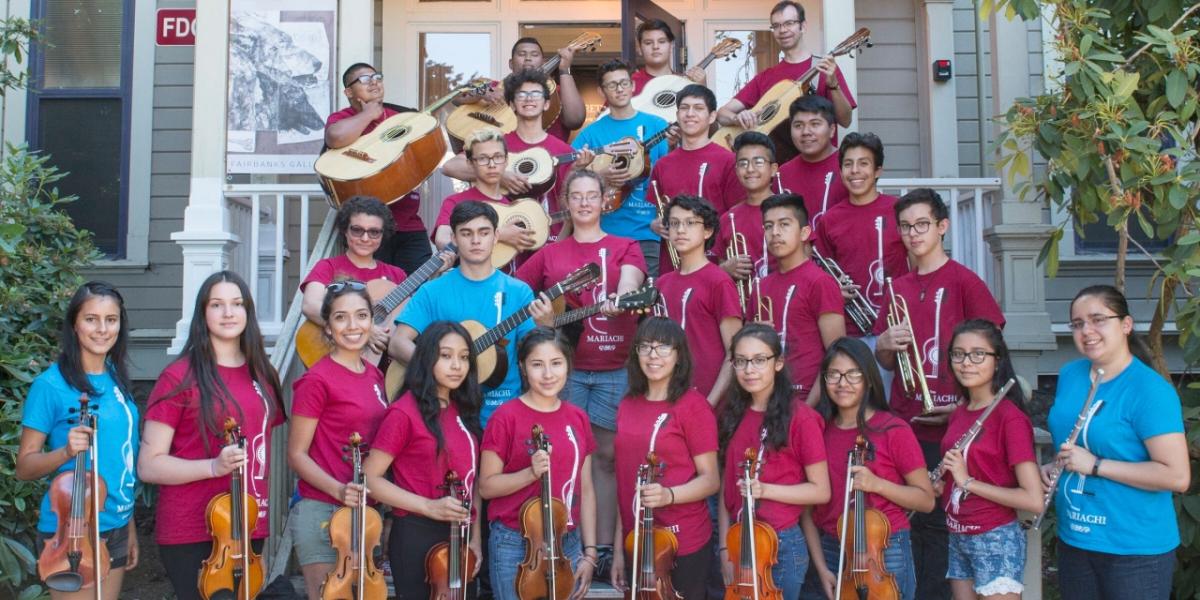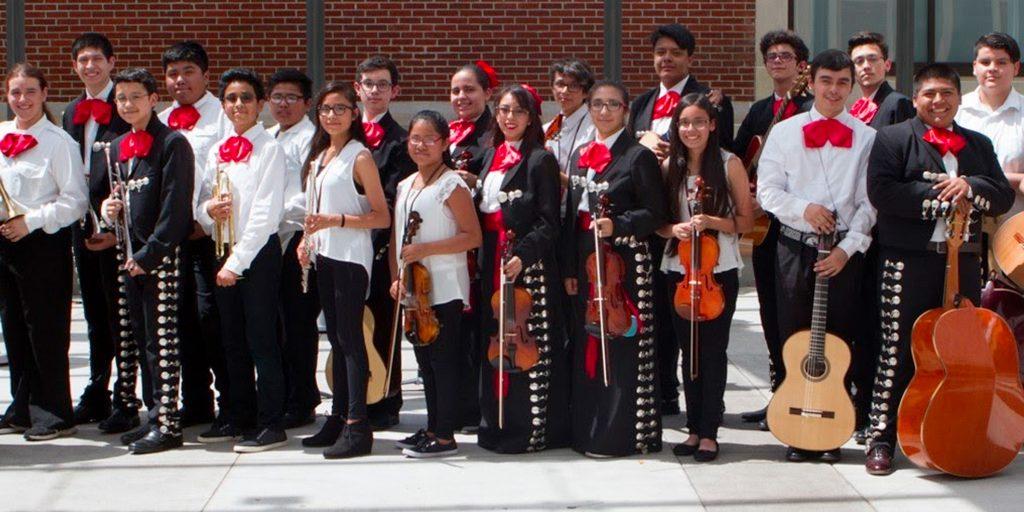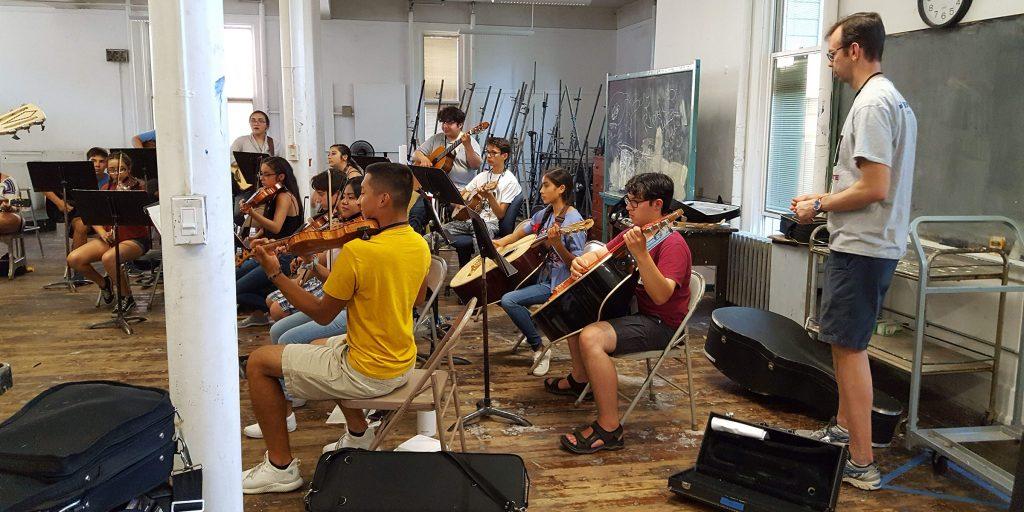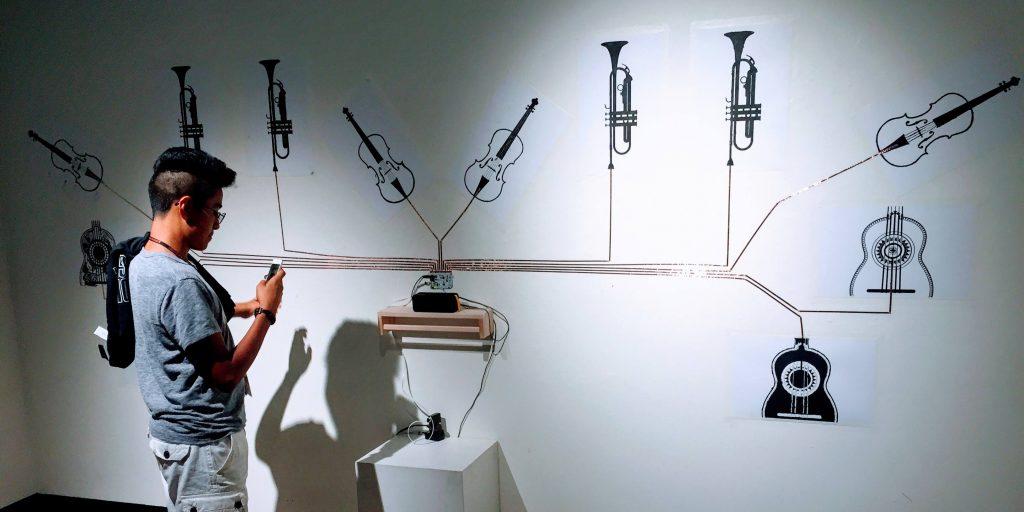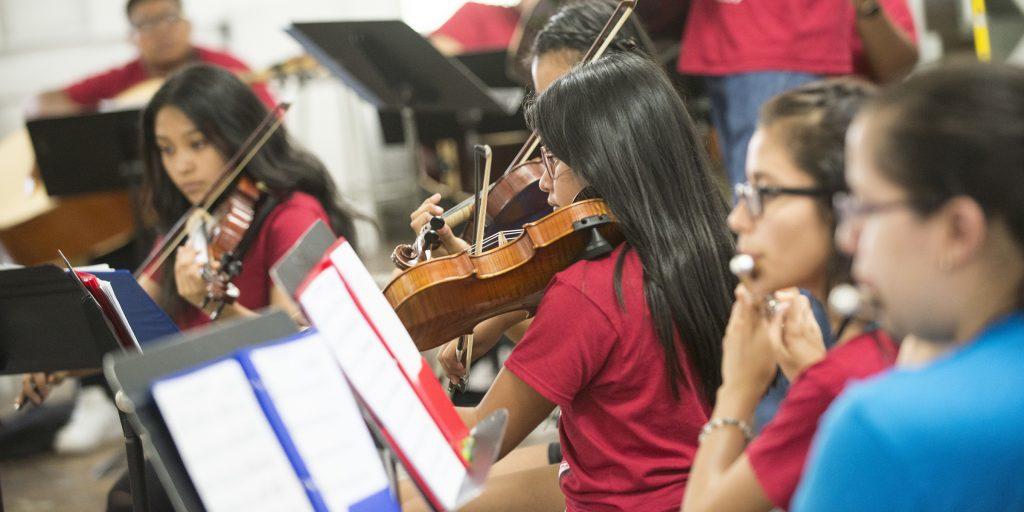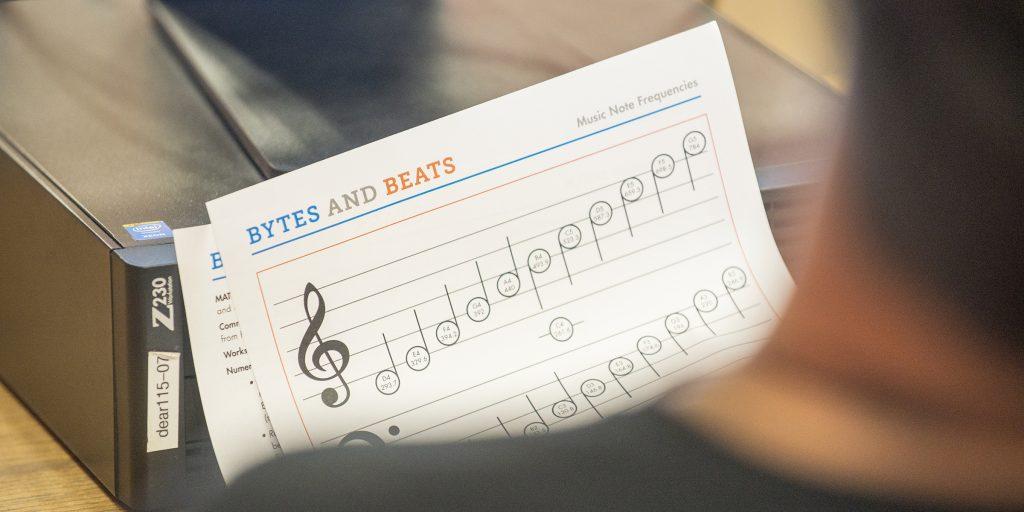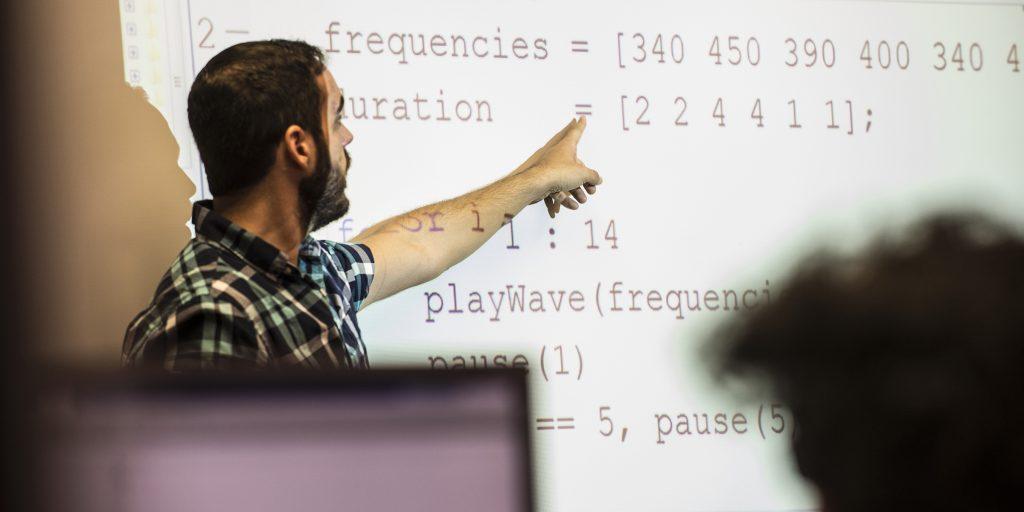Mariachi STEAM: Keeping Culture Alive Through STEM
A Mariachi STEAM summer camp provides underserved youth an opportunity to explore the magical connections between music and STEM.
It’s amazing how many great ideas stem from just a single cup of coffee and a meaningful conversation. For Romanna Flores and Richard Flores (same last name, no relation), coffee wasn’t the only thing that brought them together, back in 2016, when they met at a cafeteria on Intel’s Hillsboro campus—it was a shared desire to do something more for their community.
“We were talking about how we both come from creative backgrounds,” says Romanna of that initial conversation, “and how our passion for creativity has evolved, and how it contributes to the work we’re doing now.”
That day, Richard told Romanna about the challenges he was facing trying to recruit students for a STEM-based program he was involved in. And in turn, Romanna told Richard about a group of students she knew about, deeply immersed in Mariachi music, the quintessential musical ensemble that has grown to typify Mexican music and culture. And that’s when it dawned on her.
“I basically said to Richard, Wouldn’t it be cool if we could do something that appealed to their passion for music and honored their traditions, all while showing them the math, science, and engineering behind the music they love?”
And just like that, the concept for Mariachi STEAM Camp was born.
Mariachi STEAM is a summer camp that provides underserved Hispanic youth from Oregon—primarily the Hillsboro area, a community that is 23% Latinx—an opportunity to explore the magical connections between music and STEM. By examining the music they love through the lens of science, technology, engineering, and math, not only are the students able to improve their Mariachi performance skills, they learn (in the words of Richard Flores) that “science isn’t so scary after all!”
“We take these students who are very passionate about music,” says Richard, “and we expose them to technology. For example, we talk about sound and we talk about music in a way that’s more relatable to them than if we just tried to talk about wave propagation in some abstract way.”

